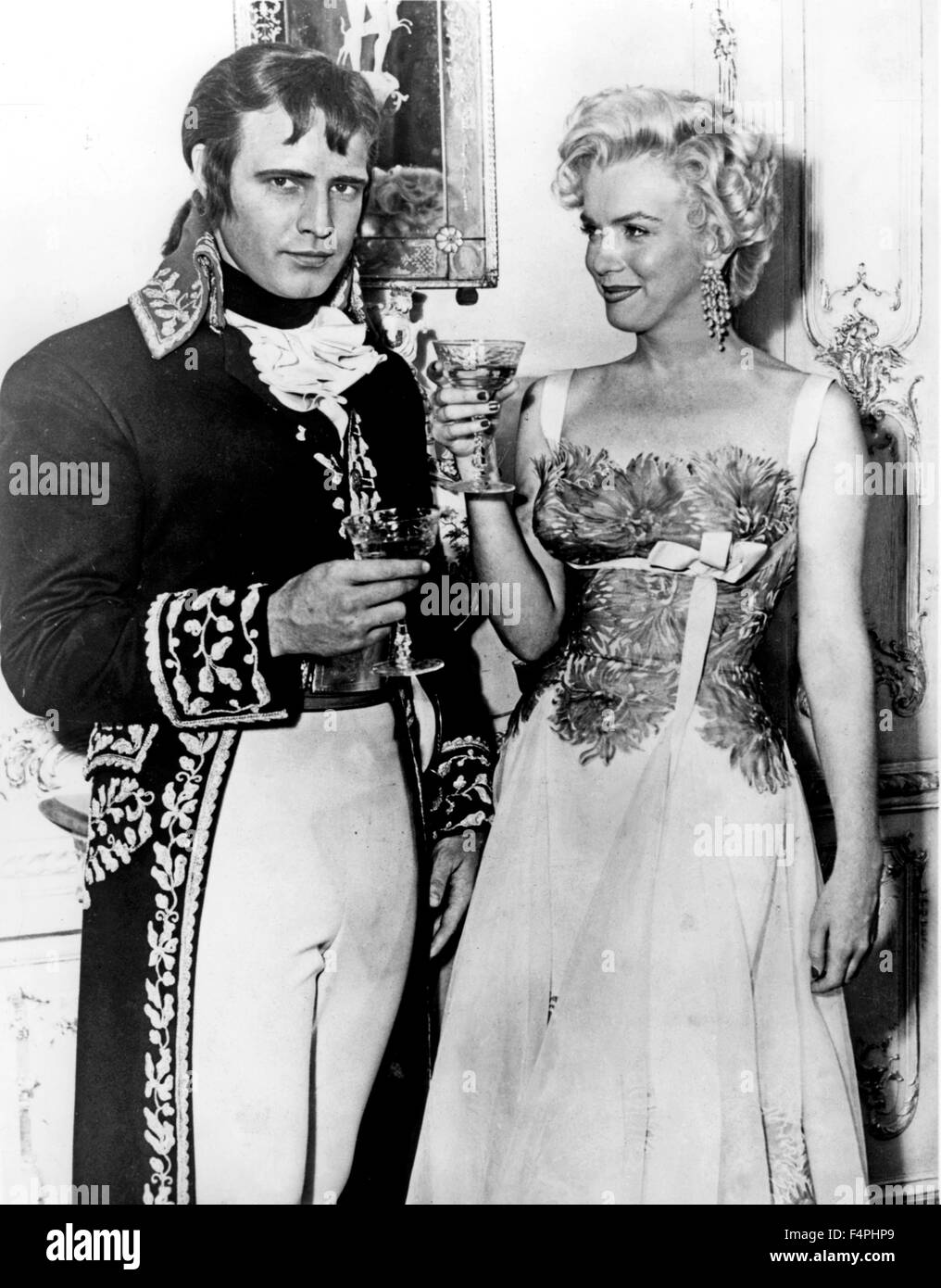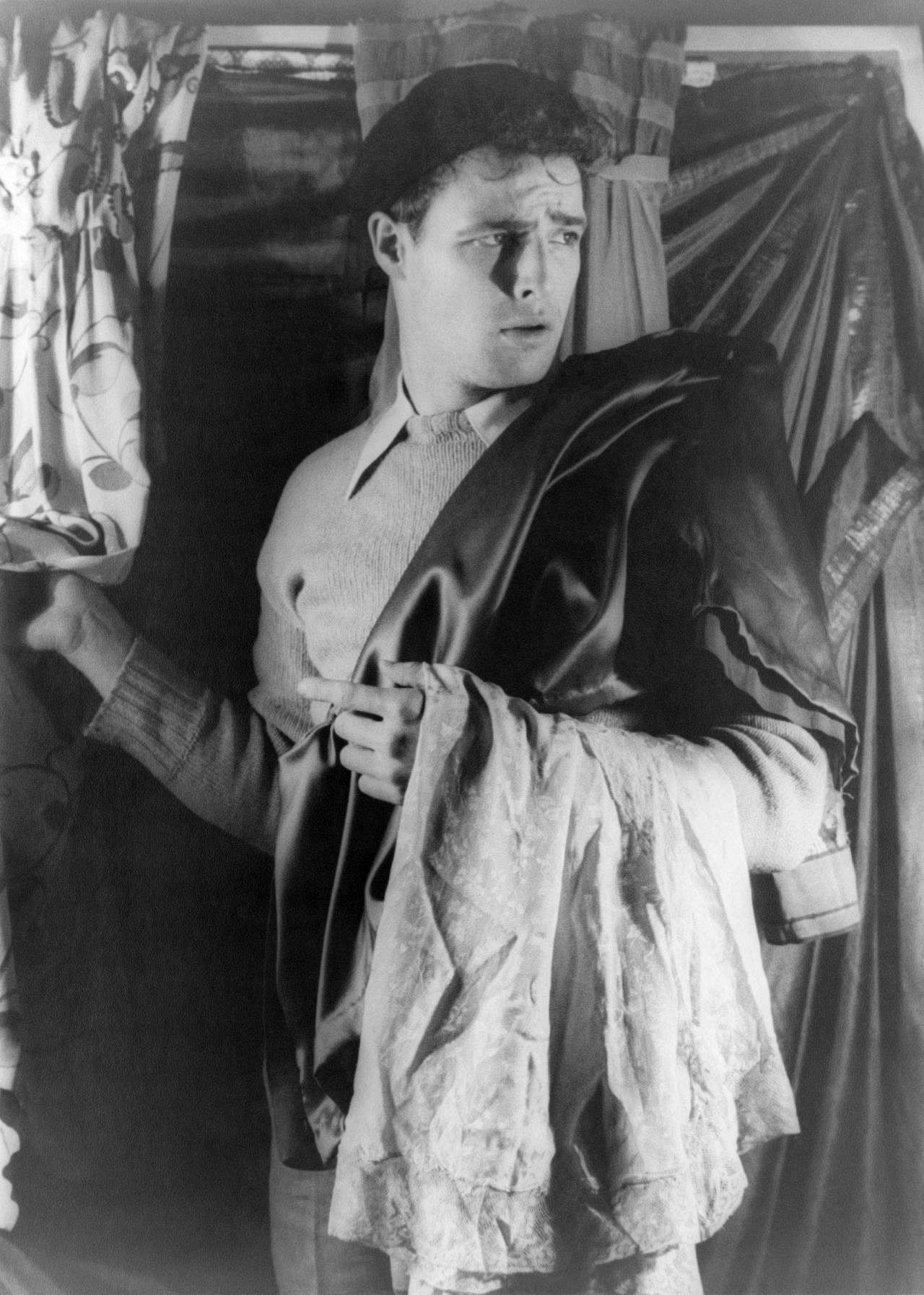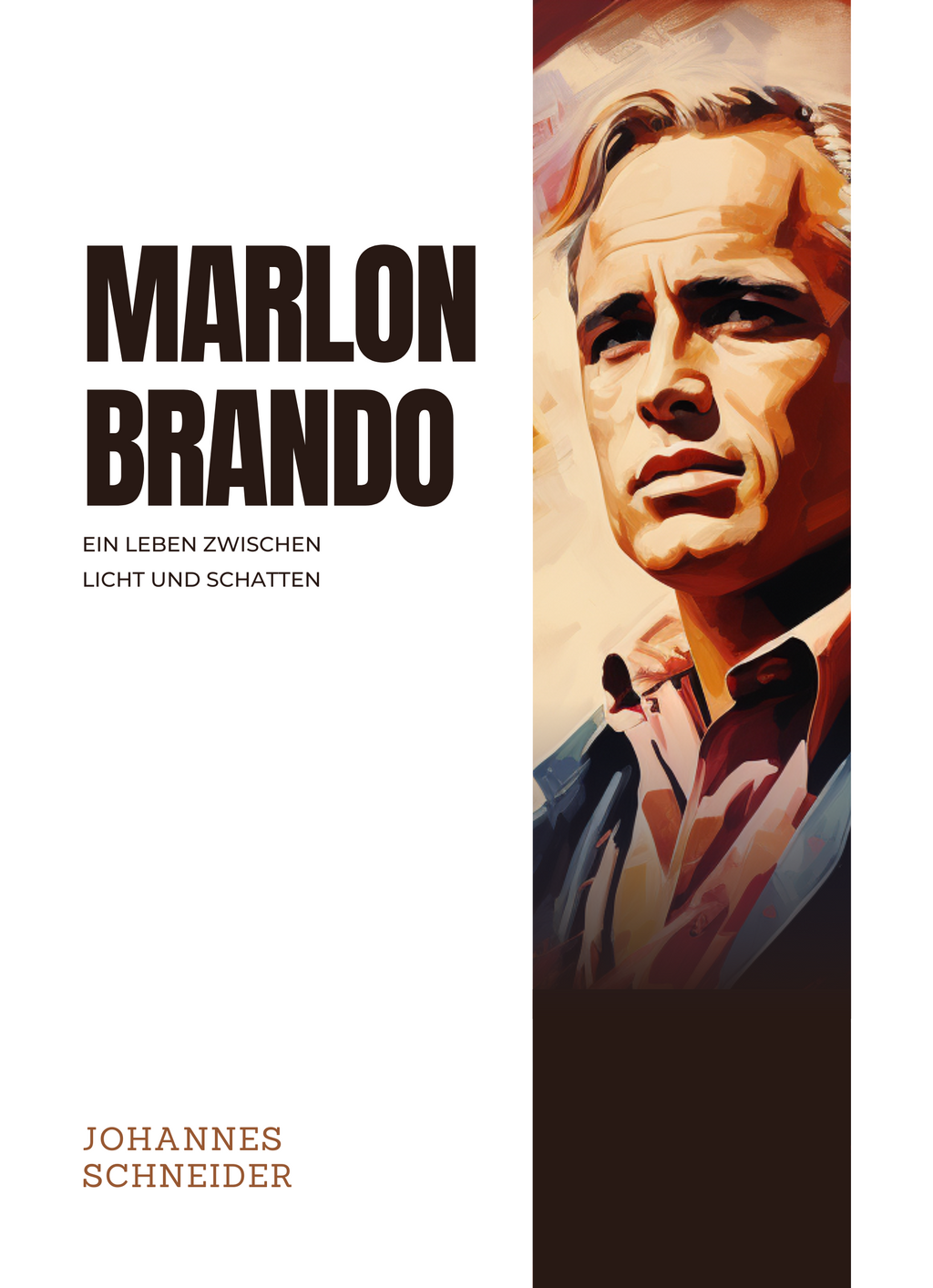Marlon Brando remains one of the most influential actors in the history of cinema, a figure whose impact extended beyond the silver screen into the realms of social and political activism. In this article, we will explore the multifaceted life of Brando, examining his revolutionary approach to acting, his passionate political beliefs, and the legacy he left behind. Through his work and advocacy, Brando became not just a star but a profound voice for change.
The Early Years: A Star is Born

Born on April 3, 1924, in Omaha, Nebraska, Marlon Brando was the son of a chemical engineer and a theatrical actress. His early life was marked by challenges, including a troubled relationship with his father and a sense of isolation. However, it was his mother’s influence that ignited his passion for performance.
- Brando studied at the University of Omaha before moving to New York City to pursue acting.
- He trained under Stella Adler, a prominent acting coach, which profoundly shaped his approach to performance.
Brando’s breakthrough came in 1947 with his role in Tennessee Williams’ play “A Streetcar Named Desire,” where he portrayed the iconic Stanley Kowalski. His raw emotional intensity and innovative method of acting captivated audiences and critics alike, setting the stage for a remarkable career.
The Method: Redefining Performance
Brando was a pioneer of the “Method” acting technique, which emphasized emotional authenticity and psychological realism. This approach allowed actors to draw from their personal experiences, resulting in performances that felt deeply genuine. His portrayal of characters was not merely about memorizing lines but about embodying the essence of each role.
- In “A Streetcar Named Desire,” Brando’s performance was characterized by a visceral emotional depth that was unprecedented in American theater.
- His role in “On the Waterfront” (1954) earned him an Academy Award for Best Actor, further solidifying his status as one of the greatest actors of his time.
Brando’s commitment to Method acting inspired a generation of actors, including Robert De Niro, Al Pacino, and countless others who sought to emulate his powerful performances. His influence can still be seen in contemporary cinema, where emotional truthfulness remains a hallmark of great acting.
Political Activism: A Voice for the Voiceless

Beyond his contributions to the arts, Brando was an outspoken advocate for social justice and political change. His activism was driven by a deep sense of empathy and a desire to use his platform for the greater good.
- Brando was a vocal critic of the Vietnam War, famously refusing to accept his Academy Award for “The Godfather” (1972) in protest against Hollywood’s portrayal of Native Americans and the injustices faced by marginalized communities.
- He sent a Native American activist, Sacheen Littlefeather, to decline the award on his behalf, a move that shocked the audience and the film industry.
Brando’s activism extended to various causes, including civil rights, environmentalism, and indigenous rights. He was a supporter of the American Indian Movement and worked closely with activists to bring attention to issues affecting Native Americans.
Brando’s Legacy: More Than an Actor

Marlon Brando’s legacy is one of complexity. While he is celebrated for his groundbreaking performances, his activism has left a lasting impact on Hollywood and society at large. His willingness to speak out against injustice paved the way for future generations of artists and activists.
- His acting style has been emulated and studied in drama schools around the world, influencing countless actors.
- Brando’s political statements and actions have inspired artists to leverage their platforms for social change, making activism a more integral part of the entertainment industry.
Despite facing controversies throughout his life, including personal struggles and a tumultuous private life, Brando’s contributions to both cinema and social advocacy cannot be overstated. He remains a figure of intrigue, representing the intersection of art and activism.
The Complex Man Behind the Icon

Brando’s personal life was as dramatic as his film roles. He had tumultuous relationships with several women, including actress Anna Kashfi and his long-time partner, actress Tarita Teriipia. He fathered several children, some of whom faced their own struggles with addiction and mental health issues.
- Brando’s relationship with his children was fraught, often marred by his absence due to his demanding career.
- His son, Christian, was involved in a high-profile legal case regarding the death of his sister, Cheyenne, which further complicated Brando’s legacy.
Despite these challenges, Brando sought to reconcile his personal and professional life, often reflecting on his role as a father and the impact of his fame on his family. His later years saw him retreat from the public eye, where he focused on his own personal growth and reflection.
Conclusion: The Enduring Impact of Marlon Brando
Marlon Brando’s life was a tapestry woven with passion, politics, and performance. He redefined acting for generations, challenging the status quo and pushing the boundaries of what it meant to portray a character. His activism and commitment to social justice remain relevant, inspiring artists and activists today.
Through his work, Brando demonstrated that art could be a powerful vehicle for change. He urged society to confront uncomfortable truths and fight for the voiceless. As we reflect on his life, it is clear that Brando was not just an actor but a revolutionary figure whose influence extends far beyond the silver screen.
In examining Marlon Brando’s legacy, we are reminded of the power of authenticity, the importance of advocacy, and the enduring impact of a life committed to both art and activism. His story is not just one of fame but a call to action, urging us to use our voices for justice and equality.